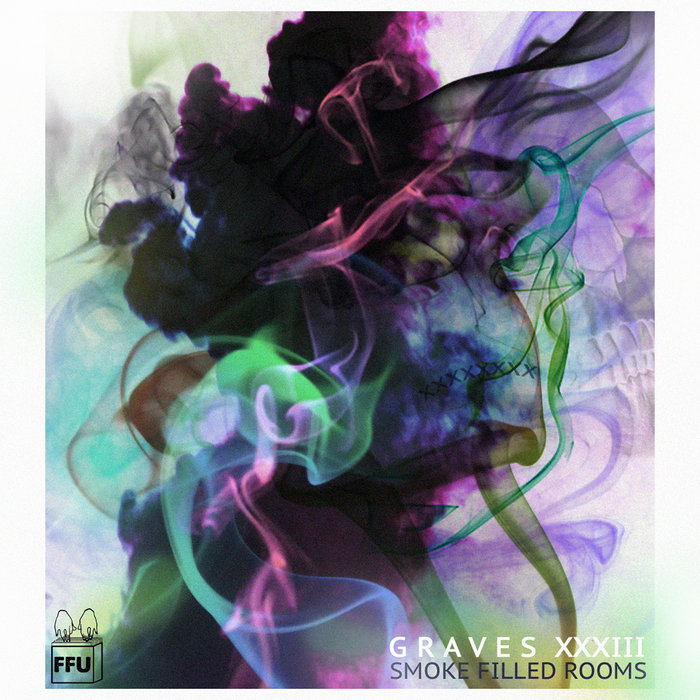

on June 12 which began “Harding of Ohio was chosen by a group of men in a smoke-filled room early today as Republican candidate for President.” Interestingly, the New York Times ran an article before Harding’s nomination about the Republican party platform having been drafted “last night by a few men in a smoke-filled room.” The description was likely factual, given the prevalence of smoking at the time, but it doesn’t have the negative connotations that quickly attached to the phrase. Safire traces the phrase to Kirke Simpson, an Associated Press reporter who filed a story at 5 a.m. A variation on that quote-with the crucial tweak: “around a table in a smoke-filled room”-made it into popular parlance, but Daugherty later denied having said it and probably wasn’t the actual source of the quote. At the time, newspapers frequently cited Harry Daugherty, Harding’s campaign manager and later his attorney general, as having predicted that Harding’s time would come “about eleven minutes after 2 o’clock on Friday morning at the convention, when fifteen or twenty men, somewhat weary, are sitting around a table some one of them will say: ‘who will we nominate?'” as a New York Times piece from Feb. MORE: This Graphic Shows What Happened at the Last Real Brokered ConventionĪs for the phrase itself, it’s not fully clear who first used it. Polk’s 1844 nomination, after Polk was initially a potential vice-presidential candidate. He also notes that the idea of a dark-horse candidate, who comes from behind having never been expected to win, far predates Harding’s nomination: that’s been around since James K. There are only so many ways to resolve a deadlocked vote, and choosing an entirely different person-someone who may later seem to have come out of nowhere-is an effective option.

“Anytime you get a situation where it’s going to be close, somebody’s going to sort it out and there will be either rumors or actuality of people maneuvering in the back room,” Pietrusza agrees. In 1955, historian Wesley Bagby wrote that choosing Harding instead of any of the three leaders “led immediately to extensive speculation as to the men or forces responsible.” “ Andrew Sinclair called him the available man.”īut that didn’t keep observers from guessing that something nefarious had gone on behind closed doors. “Basically the convention goes naturally to Harding because there’s nobody else,” Pietrusza explains. Harding jumped into the lead for the first time. During that vote, Lowden, who had been in the lead previously, freed his delegates to vote for other candidates. It would take all day for his tiny incremental progress to push him into real contention on the ninth ballot, which came after another multi-hour recess.

And the meeting, at which the senators decided that they’d vote for Harding in order to break the impasse, didn’t even lead to his immediate nomination. Instead, it was a very disorganized meeting into which people could easily wander. Many meetings took place that night but one gathering, composed primarily of Republican senators, took on mythic qualities-though the discussion was not exactly the highly orchestrated secretive conclave of party heavyweights that the phrase “smoke-filled room” has come to imply.


 0 kommentar(er)
0 kommentar(er)
